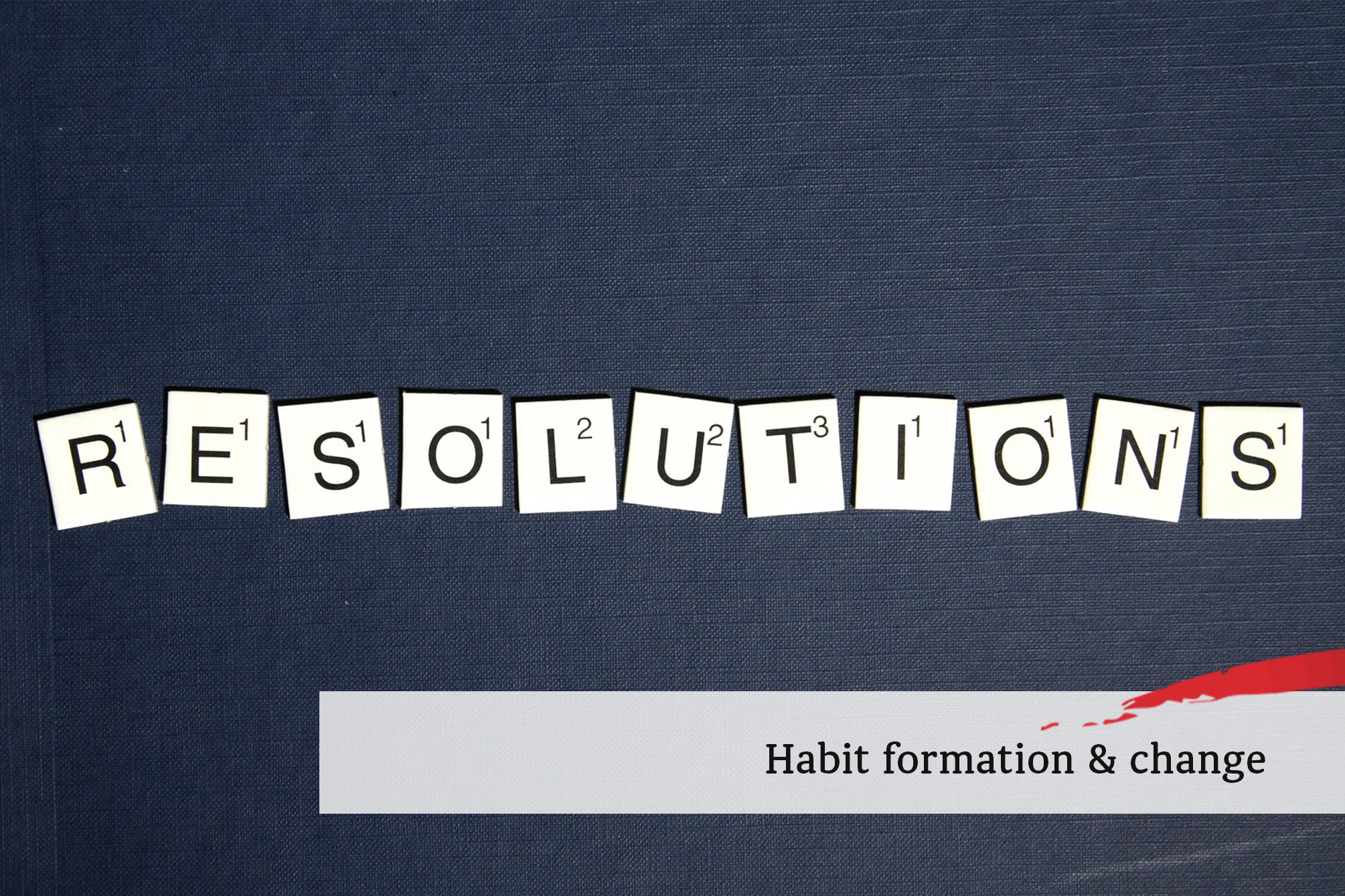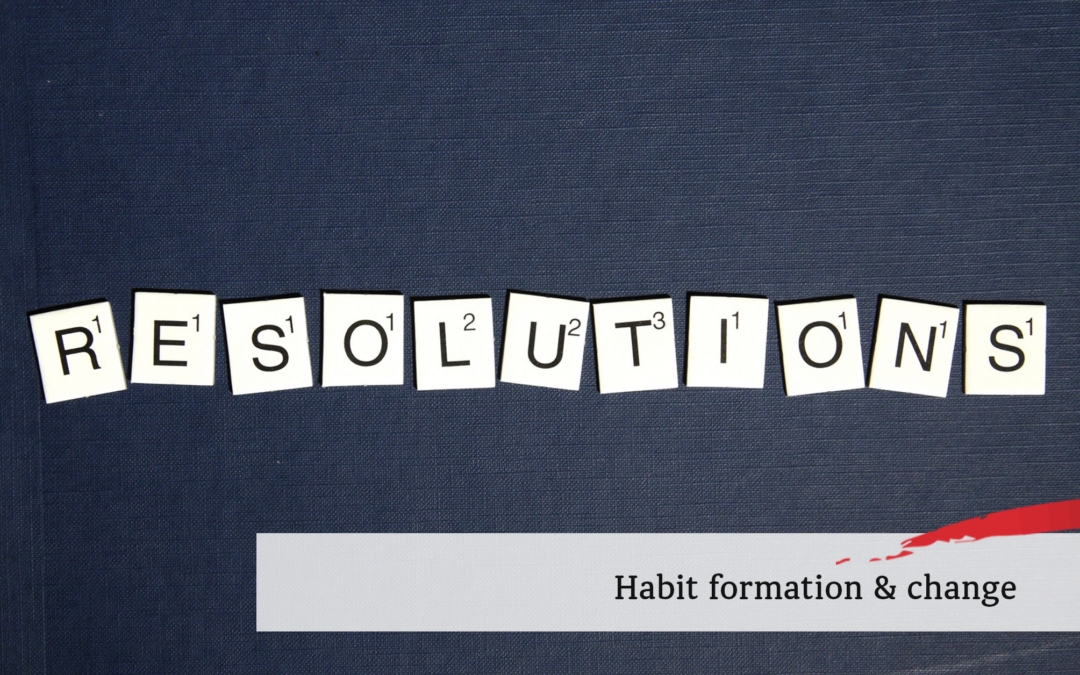
A resolution is defined as ‘a firm decision to do or not to do something’.
Importantly, a resolution can centre on a specific area where a person wants to see a positive change occur.
Recently, a survey* was conducted that asked the question as to whether a person thought they would keep their New Year’s resolutions.
Here are the results of the survey:
- 93% said yes, and 7% said no
- Generation Xers. 91% said yes, and 9% said no
- Baby Boomers. 84% said yes, and 16% said no
*Survey conducted on the U.S. population, which may not be representative of the AUS population.
The results suggest that there is a high degree of confidence across all groups that they will keep their New Year’s resolutions.
However, when taking a closer look at the results from other related surveys, some of us may be continuously rolling over our New Year’s resolutions from one year to the next. See the results below:
*Surveys conducted on the U.S. population, which may not be representative of the AUS population.
It shows that 25% of us tend to ‘throw in the towel’ within the first week of making our resolutions. Statistically, 88% of New Year’s resolutions fail.
So, why is this the case? It can often be due to a combination of factors, such as:
- The wrong mindset
- Unrealistic expectations
- Poor time management
- Getting distracted with life
- Ill-defined goals and objectives
Another factor could be that when drilling into a New Year’s resolution, there are already existing habits that could cause failure.
How does a habit affect your New Year’s resolution and what can you do to achieve success?
- A habit, whether undesirable or desirable, can form as a person pursues a goal in their daily life.
- When a person repeatedly performs a behaviour in a context, a link forms in their memory. As the link grows stronger through repetition, the person’s intention and goal to perform the behaviour lessens, superseded by a habitual response. Think of your daily coffee run for example.
- The persistence (and resistance to change) of a habit can depend on the strength of the link between a behaviour and a context that has been formed in a person’s memory.
- The process upon which a person stops a habitual response from being initiated by inhibiting or changing their environment is referred to as effortful self-control. This type of self- control can be effective, but mentally taxing and requires reengineering foresight by the person due to the presence of context cues.
- Changes in life (moving house, having a child or changing jobs) can be effective in disrupting context cues and ‘creating a window of opportunity’. This can be referred to as the habit discontinuity effect.
- A person that changes their environment to stop a habitual response may experience a cascading effectwith respect to other habitual responses and their overall identity.
Moving forward
Sticking to resolutions can be easier said than done. For some of us, a new year represents a fresh start in terms of tackling areas of our personal finances that need attention. You are not alone; we are here to help where we can.
If you have any further questions, please do not hesitate to contact us on (08) 1872 9111 or email our friendly team today.

